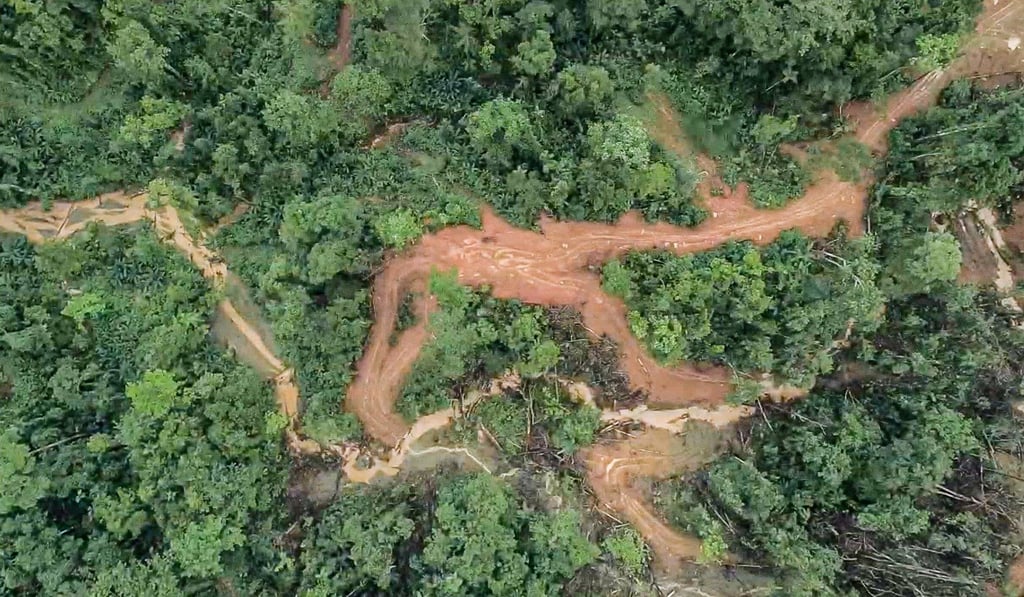‘30 soccer pitches disappear every minute of every day’: tropical forest the size of England was destroyed in 2018
- ‘The world’s forests are now in the emergency room. The health of the planet is at stake and band aid responses are not enough,’ says conservation think tank

Last year humanity destroyed an expanse of tropical forest nearly the size of England, the fourth largest decline since global satellite data become available in 2001, researchers reported Thursday.
The pace of the loss is the equivalent of 30 soccer pitches disappearing every minute of every day in 2018, or 120,000 sq km (46,000 square miles).

Almost a third of that area, some 36,000 sq km, was pristine primary rainforest, according to the annual assessment from scientists at Global Forest Watch, based at the University of Maryland.
“For the first time, we can distinguish tree cover loss within undisturbed natural rainforests, which contain trees that can be hundreds, even thousands, of years old,” said team manager Mikaela Weisse.
Despite a slew of countermeasures at both the national and international level, deforestation has continued largely unabated since the beginning of the century.